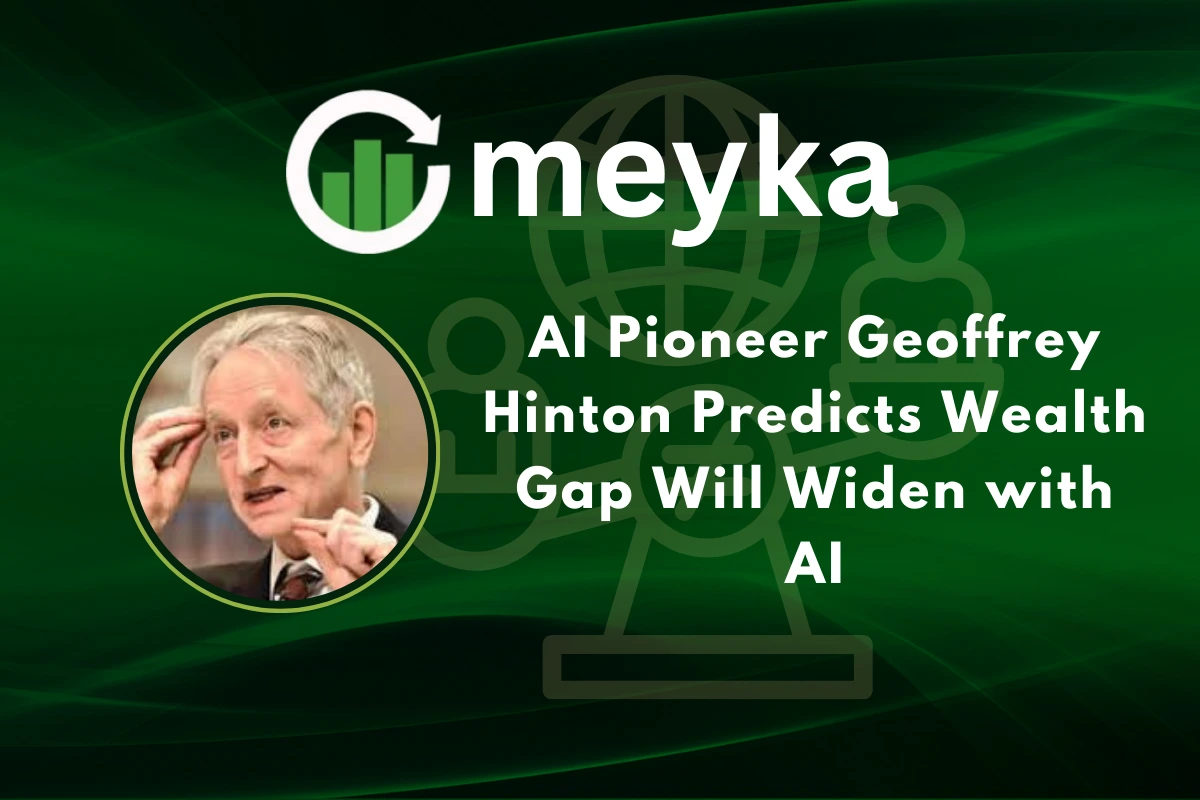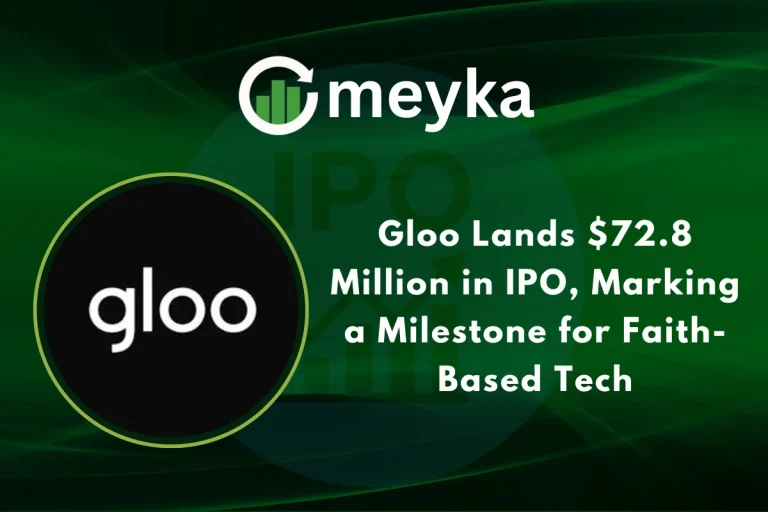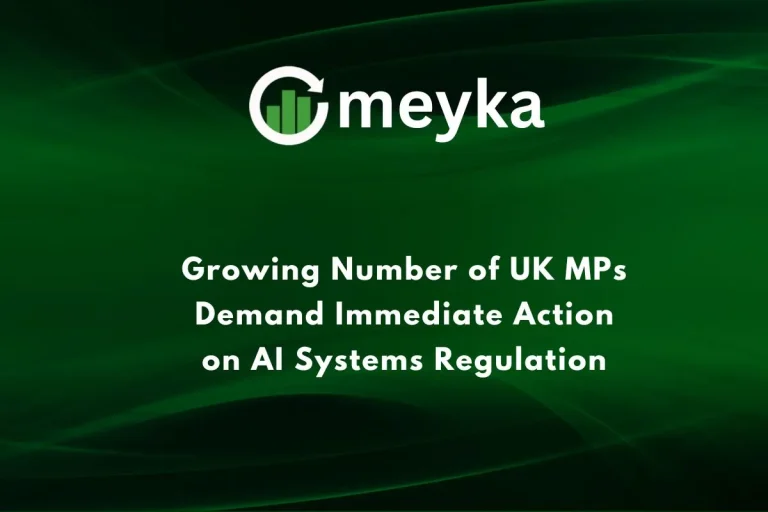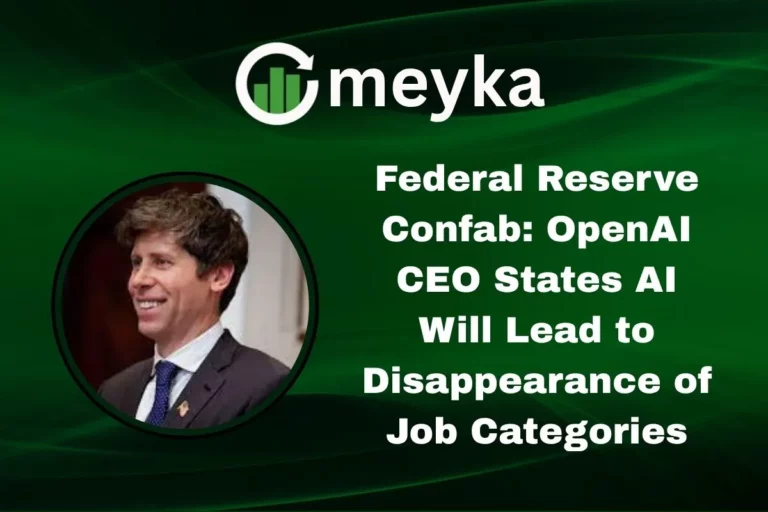AI Pioneer Geoffrey Hinton Predicts Wealth Gap Will Widen with AI
Artificial intelligence (AI) is no longer science fiction.It is reshaping our world faster than many of us realize. Yet, as exciting as this technology is, it brings serious questions about fairness and opportunity. Geoffrey Hinton, widely known as the “Godfather of AI,” has recently warned that AI could make the wealth gap even worse. He believes that while AI creates enormous value, that value is likely to go mostly to large tech companies and a small group of highly skilled workers. Meanwhile, millions of others may face job losses or stagnant wages.
As we watch AI advance, we need to ask ourselves how society can share its benefits more evenly. Hinton’s concern reminds us that technology alone does not guarantee a fair future. We must think carefully about policies, education, and business practices to ensure that AI lifts everyone, not just a few. Let’s explore his warning and what it could mean for our economy and lives.
Geoffrey Hinton: Background and Influence
Geoffrey Hinton, often hailed as the “Godfather of AI,” is a British-Canadian cognitive psychologist and computer scientist whose pioneering work in artificial intelligence has profoundly shaped the field. Born in 1947, Hinton’s academic journey led him to King’s College, Cambridge, and the University of Edinburgh, where he laid the groundwork for neural networks and deep learning. In 1986, he co-authored a seminal paper introducing the backpropagation algorithm, a cornerstone in training multi-layer neural networks.

Hinton’s contributions culminated in the development of AlexNet, a deep convolutional neural network that revolutionized image recognition by winning the 2012 ImageNet competition with unprecedented accuracy. This achievement marked a significant leap in computer vision and solidified his status as a leading figure in AI. In recognition of his groundbreaking work, Hinton was awarded the 2018 Turing Award, often referred to as the “Nobel Prize of Computing,” alongside Yoshua Bengio and Yann LeCun.
Beyond his technical achievements, Hinton has become a vocal advocate for addressing the societal implications of AI. In 2024, he resigned from his position at Google to speak more freely about the risks associated with artificial intelligence. His recent warnings about AI’s potential to exacerbate wealth inequality underscore his commitment to ensuring that technological advancements benefit society as a whole.
The AI Revolution: Opportunities and Risks
Artificial intelligence has ushered in a new era of technological advancement. It offers unprecedented opportunities across various sectors. From healthcare to education, AI’s potential to enhance productivity and innovation is vast. However, as AI technologies evolve, they also present significant challenges that could reshape the socio-economic landscape.
One of the most pressing concerns is the potential for widespread job displacement. AI systems, particularly those utilizing machine learning and automation, are increasingly capable of performing tasks traditionally carried out by humans. This shift threatens to render certain job categories obsolete which leads to unemployment and economic instability for affected workers.
Moreover, the rapid advancement of AI could lead to a concentration of wealth and power among those who control these technologies. Companies and individuals with access to advanced AI systems may gain significant economic advantages, potentially widening the gap between the wealthy and the rest of society. This concentration of resources could undermine democratic institutions and exacerbate existing social inequalities.
While AI holds promise for societal progress, it is crucial to address these risks through thoughtful regulation and inclusive policies that ensure the benefits of AI are broadly shared.
How AI Could Widen the Wealth Gap?
Geoffrey Hinton has expressed deep concern that AI’s rapid development may exacerbate existing economic inequalities. He predicts that while AI will significantly boost productivity, the resulting economic gains will disproportionately benefit a small elite. This leave the majority of workers economically disadvantaged.
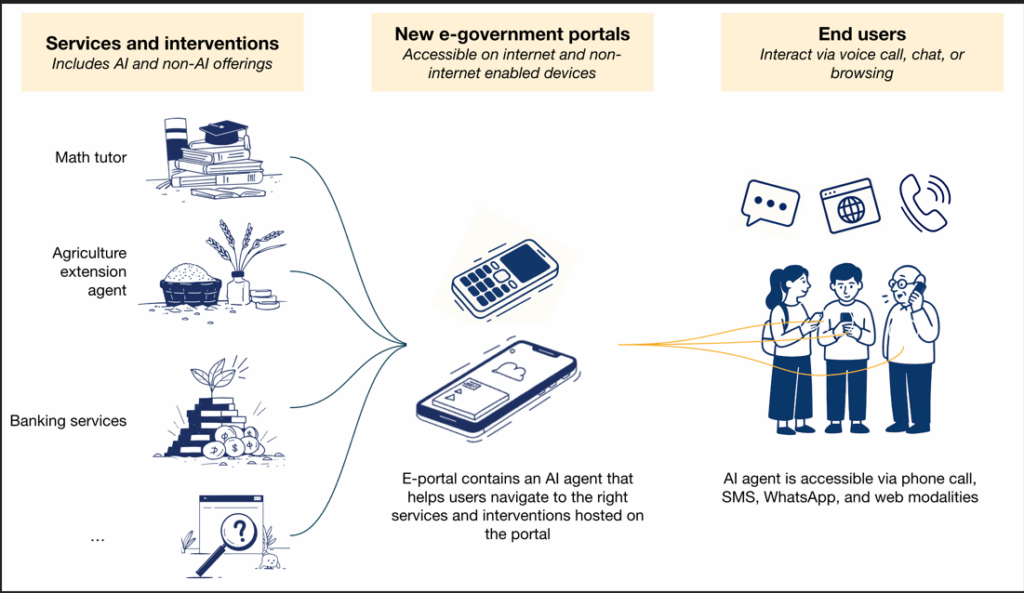
This scenario mirrors historical patterns observed during the Industrial Revolution, where technological advancements led to increased productivity but also displaced large segments of the workforce. Similarly, AI’s ability to automate tasks across various sectors from manufacturing to services could render many jobs obsolete, particularly those requiring routine cognitive skills.
The concentration of AI expertise and infrastructure in wealthy nations and corporations further exacerbates this divide. Developed countries and large tech companies are better positioned to harness AI’s potential, while developing nations and smaller enterprises may struggle to compete. This leads to a global disparity in economic development.
Hinton emphasizes that this widening wealth gap is not an inevitable consequence of AI itself but rather a reflection of current economic systems that prioritize profit maximization over equitable distribution. Without deliberate intervention, AI could entrench and amplify existing social and economic disparities.
Expert Opinions and Supporting Evidence
Geoffrey Hinton’s warnings about AI’s potential to exacerbate wealth inequality are echoed by other experts in the field. In a recent interview, Hinton stated, “It’s going to create massive unemployment and a huge rise in profits. It will make a few people much richer and most people poorer. That’s not AI’s fault, that is the capitalist system”.
Supporting this perspective, a study published in the journal Science found that exposure to AI technologies like large language models (LLMs) has the potential to disrupt labor markets, particularly affecting jobs that involve routine cognitive tasks. The study suggests that without proactive policy measures, the adoption of AI could lead to increased income inequality and social unrest.
Furthermore, research conducted by economists at Harvard and MIT indicates that AI-driven automation could disproportionately impact lower-income workers, who are more likely to be employed in roles susceptible to automation. The study highlights the need for comprehensive retraining programs and social safety nets to mitigate the adverse effects on these workers.
These findings underscore the importance of addressing the socio-economic implications of AI development through informed policy decisions and collaborative efforts across sectors.
Possible Solutions and Mitigating Measures
Addressing the potential negative impacts of AI on wealth inequality requires a multifaceted approach involving policymakers, industry leaders, and civil society.
One proposed solution is the implementation of Universal Basic Income (UBI), which would provide all citizens with a regular, unconditional sum of money to cover basic living expenses. Proponents argue that UBI could serve as a buffer against job displacement caused by AI automation and ensure a minimum standard of living for all individuals.
However, critics of UBI caution that it may not address the root causes of inequality and could lead to increased taxation or reduced incentives to work. They advocate for alternative measures, such as progressive taxation and investments in education and workforce development, to promote economic equity.
Additionally, experts like Hinton emphasize the importance of developing AI technologies with ethical considerations in mind. This includes ensuring transparency in AI decision-making processes, promoting diversity in AI development teams, and establishing regulatory frameworks that prioritize public welfare over corporate profits.
If we develop AI carefully, it can help everyone and not make the rich richer while others fall behind.
Wrap Up
The Geoffrey Hinton warnings about AI show why we need careful and fair approaches to new technology. AI has great potential to improve work and create new opportunities. But its benefits must reach everyone. Otherwise, it could make the gap between rich and poor even bigger.
As AI grows, all sectors must work together. Governments, companies, and communities should make rules and plans for safe and fair AI use. If we act wisely, AI can help society as a whole. It can improve lives without increasing inequality or leaving people behind.
Disclaimer:
The above information is based on current market data, which is subject to change, and does not constitute financial advice. Always do your research.
